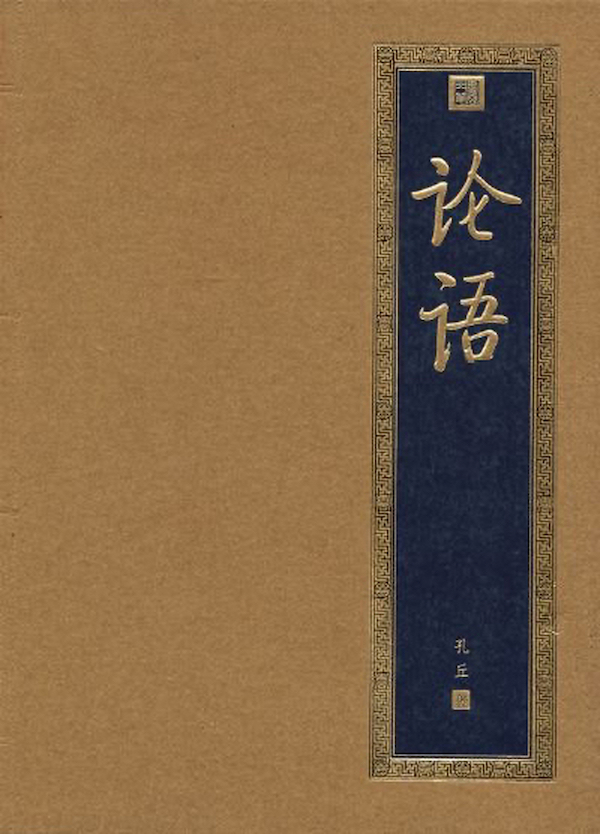The Analects of Confucius
(Lunyu; 论语)
Author: Disciples of Confucius and his re-disciples Translation: James Legge (理雅各)
The Analects of Confucius, a classic work of Confucianism, was meticulously compiled by Confucius’s disciples and their successors, faithfully recording core philosophical ideas and dialogues between Confucius and his followers. The book consists of 20 chapters, covering a wide range of topics such as philosophy, politics, and ethics. It introduces moral principles like benevolence, righteousness, propriety, wisdom, and trust, advocates for the governance of a benevolent ruler, and emphasizes the importance of moral leadership.

Chapters
- Home Page
- 1. Xue Er (论语·学而)
- 2. Wei Zheng (论语·为政)
- 3. Ba Yi (论语·八佾)
- 4. Li Ren (论语·里仁)
- 5. Gong Ye Chang (论语·公冶长)
- 6. Yong Ye (论语·雍也)
- 7. Shu Er (论语·述而)
- 8. Tai Bo (论语·泰伯)
- 9. Zi Han (论语·子罕)
- 10. Xiang Dang (论语·乡党)
- 11. Xian Jin (论语·先进)
- 12. Yan Yuan (论语·颜渊)
- 13. Zi Lu (论语·子路)
- 14. Xian Wen (论语·宪问)
- 15. Wei Linggong (论语·卫灵公)
- 16. Ji Shi (论语·季氏)
- 17. Yang Huo (论语·阳货)
- 18. Wei Zi (论语·微子)
- 19. Zi Zhang (论语·子张)
- 20. Yao Yue (论语·尧曰)
Additionally, it discusses the pivotal role of filial piety and fraternal duty in maintaining familial and social harmony. In this book, Confucius also presents key educational concepts, such as teaching according to the ability of the student and education without discrimination, stressing that education should be inclusive and focus on developing both character and skills.
As one of the central texts of Confucianism, the Analects has significantly affected the political, cultural, and educational spheres of ancient China, earning the title “the Bible of the East.” Its influence extends beyond China and bridges Eastern and Western cultures.
In the 16th century, the Analects was first circulated to Europe through missionaries, and over time, it was translated into multiple languages and became a key source for Western scholars studying Chinese thought. Particularly, in the 19th century, the English translation by James Legge played a crucial role in spreading the Analects throughout Europe and America, enabling more people around the world to appreciate the richness of Chinese philosophy and culture.
